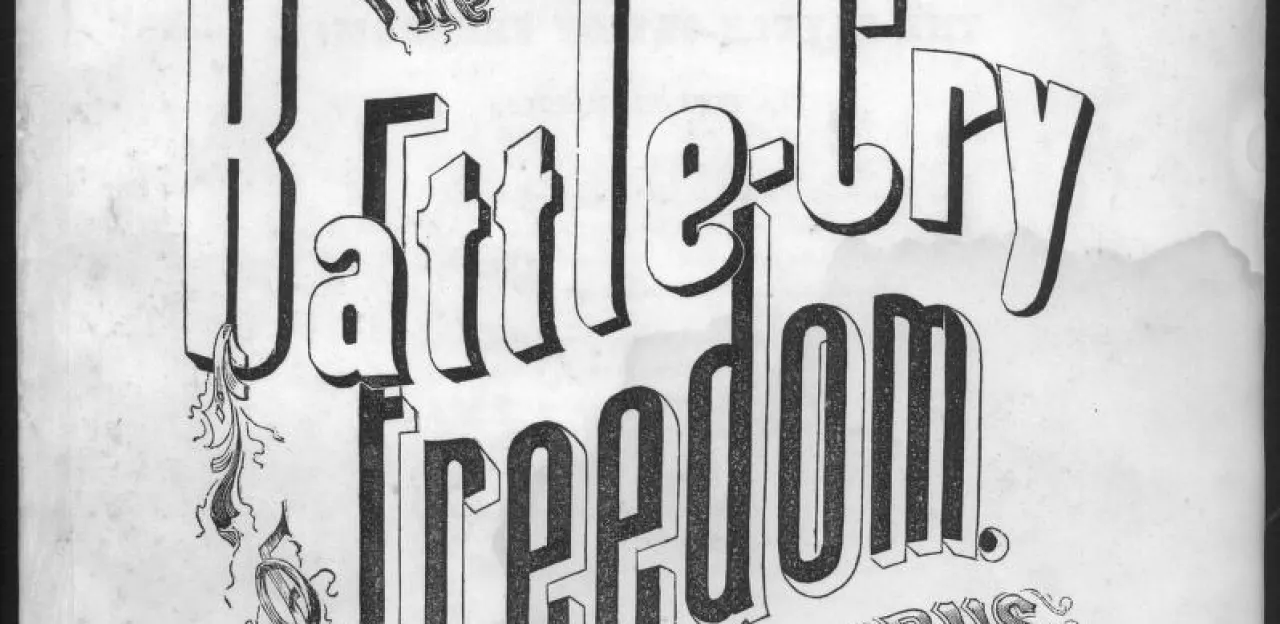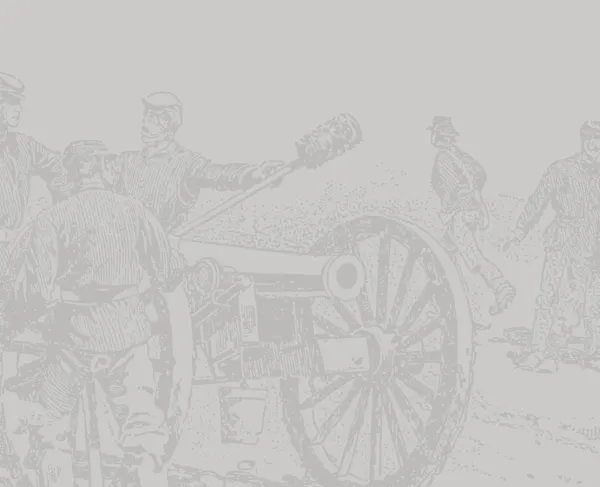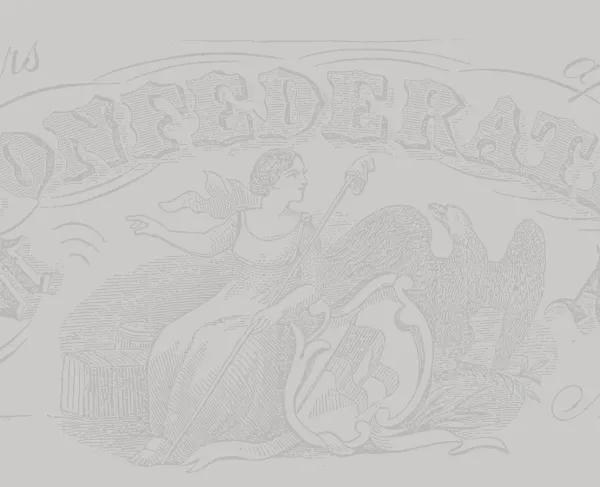Civil War Music: The Battle Cry of Freedom
Although "The Battle Hymn of the Republic" is today considered the preeminent Northern war song, Union soldiers were more likely to bestow that honor upon "The Battle Cry of Freedom." Willard A. and Porter W. Heaps, writing in The Singing Sixties, call "The Battle Cry of Freedom" `the type of rousing tune which appears seldom during a period of war and but once in a generation."
Composed in haste in a single day in response to President Abraham Lincoln's July 1862 call for 300,000 volunteers to fill the shrinking ranks of the Union Army, the song was first performed on July 24 and again on July 26 at a massive war rally. Composer-lyricist George F. Root recalled years later:
From there the song went into the army, and the testimony in regard to its use in the camp and on the march, and even on the field of battle, from soldiers and officers, up to the good President himself, made me thankful that if I could not shoulder a musket in defense of my country I could serve her in this way.
A Massachusetts native, Root had shown remarkable musical abilities from an early age, mastering no fewer than thirteen instruments by the age of 12. Primarily a vocal instructor, Root eventually began composing, writing in the classical genre. He was a founding partner in the Chicago-based music publishing firm of Root and Cady.
When the War Between the States broke out, Root began to write inspirational songs for the Union war effort. Although his earlier attempts at popular pieces had so embarrassed him that he signed them with the name "Wurzel" (German for "root") so as not to compromise his reputation as a serious composer, he now showed no hesitation in turning out song after song. Other works such as "Just Before the Battle, Mother" and "Tramp! Tramp! Tramp!" quickly established him as perhaps the most popular and certainly the most prolific of wartime composer/songwriters.
Public response to "The Battle Cry of Freedom" was overwhelming. When the sheet music was published that fall, fourteen printing presses working round the clock were unable to keep up with the demand for copies. Between 500,000 and 700,000 copies were produced.
What made Root's song so compelling? According to Kenneth A. Bernard, author of Lincoln and the Music of the Civil War, the tune appeared at just the right time, "expressing just the sentiments that were needed, with music that was singable and words that were appropriate" and played "an immeasurably important part in restoring and sustaining morale at home and at the front throughout the entire war."
A measure of the song's success can be seen in the flurry of imitations that appeared soon after its publication. William H. Barnes, the manager of the Atlanta Amateurs, a group of volunteer musicians who performed for the benefit of various soldiers' relief funds, penned a set of Confederate lyrics that were adapted to Root's tune (with some rhythmic changes) by composer Hermann L. Schreiner. Another knock-off, "Rally Round the Flag," had mundane lyrics and was produced by James T. Fields and William B. Bradbury.
The lyrics to this song are:
Yes, we'll rally round the flag, boys,
We'll rally once again,
Shouting the battle cry of Freedom,
We will rally from the hillside,
We'll gather from the plain,
Shouting the battle cry of Freedom.
CHORUS:
The Union forever,
Hurrah! boys, hurrah!
Down with the traitors,
Up with the stars;
While we rally round the flag, boys,
Rally once again,
Shouting the battle cry of Freedom.
We are springing to the call
Of our brothers gone before,
Shouting the battle cry of Freedom;
And we'll fill our vacant ranks with
A million free men more,
Shouting the battle cry of Freedom.
CHORUS
We will welcome to our numbers
The loyal, true and brave,
Shouting the battle cry of Freedom;
And although they may be poor,
Not a man shall be a slave,
Shouting the battle cry of Freedom.
CHORUS
So we're springing to the call
From the East and from the West,
Shouting the battle cry of Freedom;
And we'll hurl the rebel crew
From the land that we love best,
Shouting the battle cry of Freedom.
CHORUS





